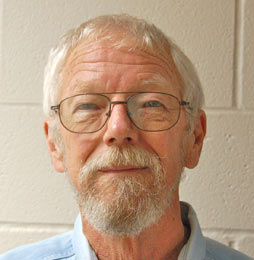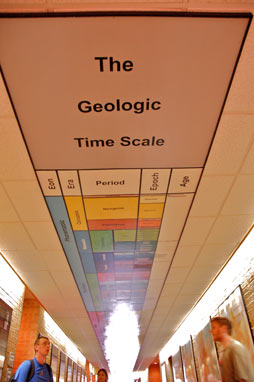By Sharon Murra-Kapon/reporter
Cultures vary from country to country, but there are a few universal musts that generally go beyond culture and language—for example, hand washing.
Everyone seems to know and understand that washing hands is for everyone’s own good.
But when it comes to doing it, people get in a rush, forget or simply don’t care.
The first records of cleanliness and purification rituals are found in the Law of Moses: washing hands before meals, eliminating infection and purifying through fire. Now, that deserves kudos.
How can this practice benefit anyone who only hears but does not do?
I’m almost 100 percent sure that almost everyone has heard at least once that the bacteria E. coli abides in the GI tract, which starts in the mouth and ends in the anus.
That means that when people go to the bathroom and do not wash their hands, they are carrying the bacteria around contaminating everything they touch.
When someone gets sick with food poisoning, there is a good chance the food was contaminated with E. coli because a food handler did not follow proper sanitary rules.
“ America’s Dirty Hands,” an article on CBS online, reported that a survey last year found two out of three Americans did not wash their hands after using the restroom.
If this was an exaggeration, the voice would have spread in schools, media and the Internet. And Albertson’s, Kroger, Central Market, and Whole Foods Market, among others, would not have courtesy cart disinfectant wipes at their entrances.
A few recommendations by various health departments regarding using public restrooms are avoiding touching the toilet with your skin, washing your hands for at least 20 seconds with soap and warm water (if available), turning off the faucet with a paper towel instead of the bare hand and keeping the paper towel to open the door to exit.
I remember my surgical tech instructor said in class, “It is a dirty world, but let’s try to be clean, regardless.”
If parents taught kids this small principle and showed them by example, we would not be called dirty-hands Americans.
Furthermore, more people could enjoy better health if everyone contributed with something as small and effective as hand washing.




























